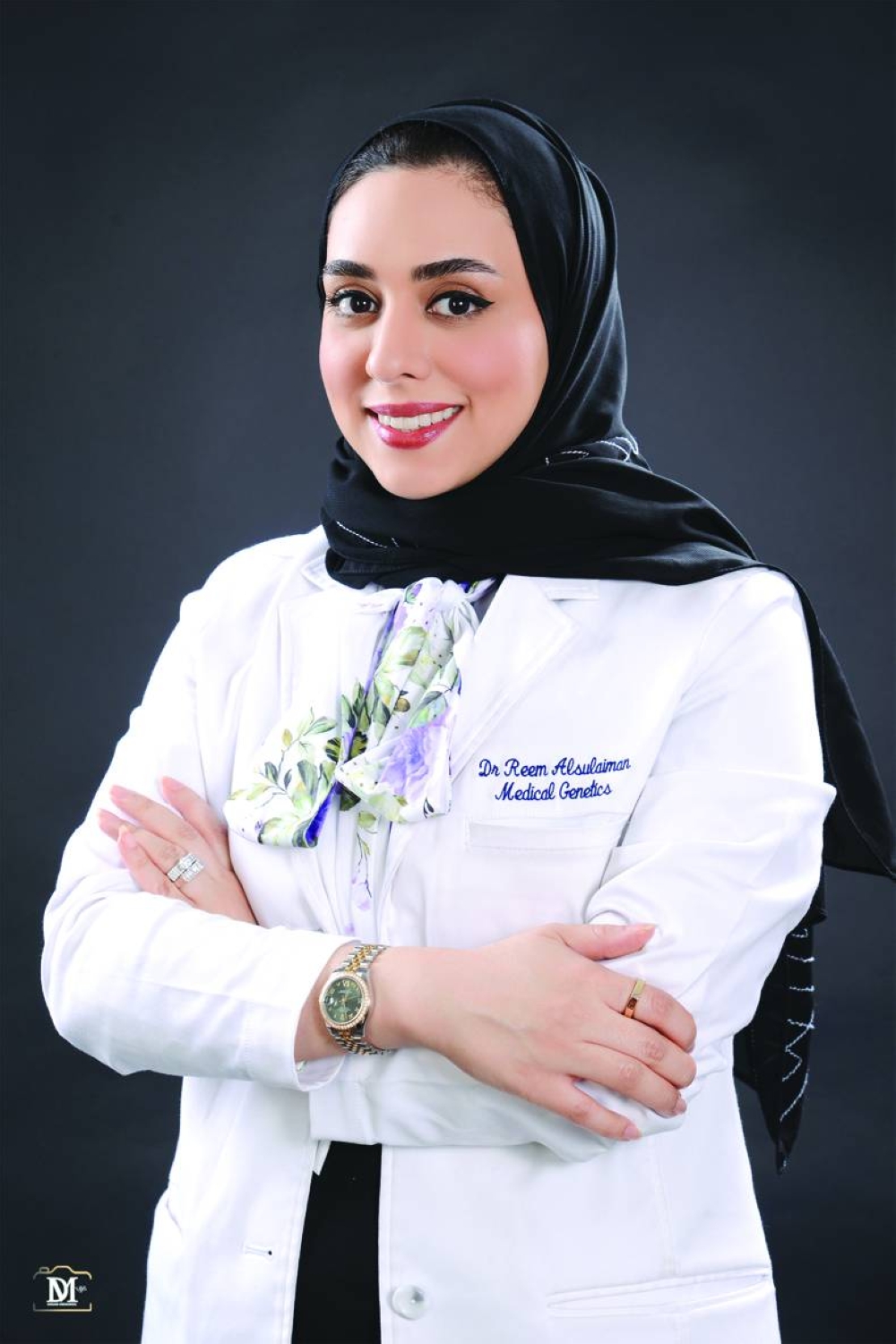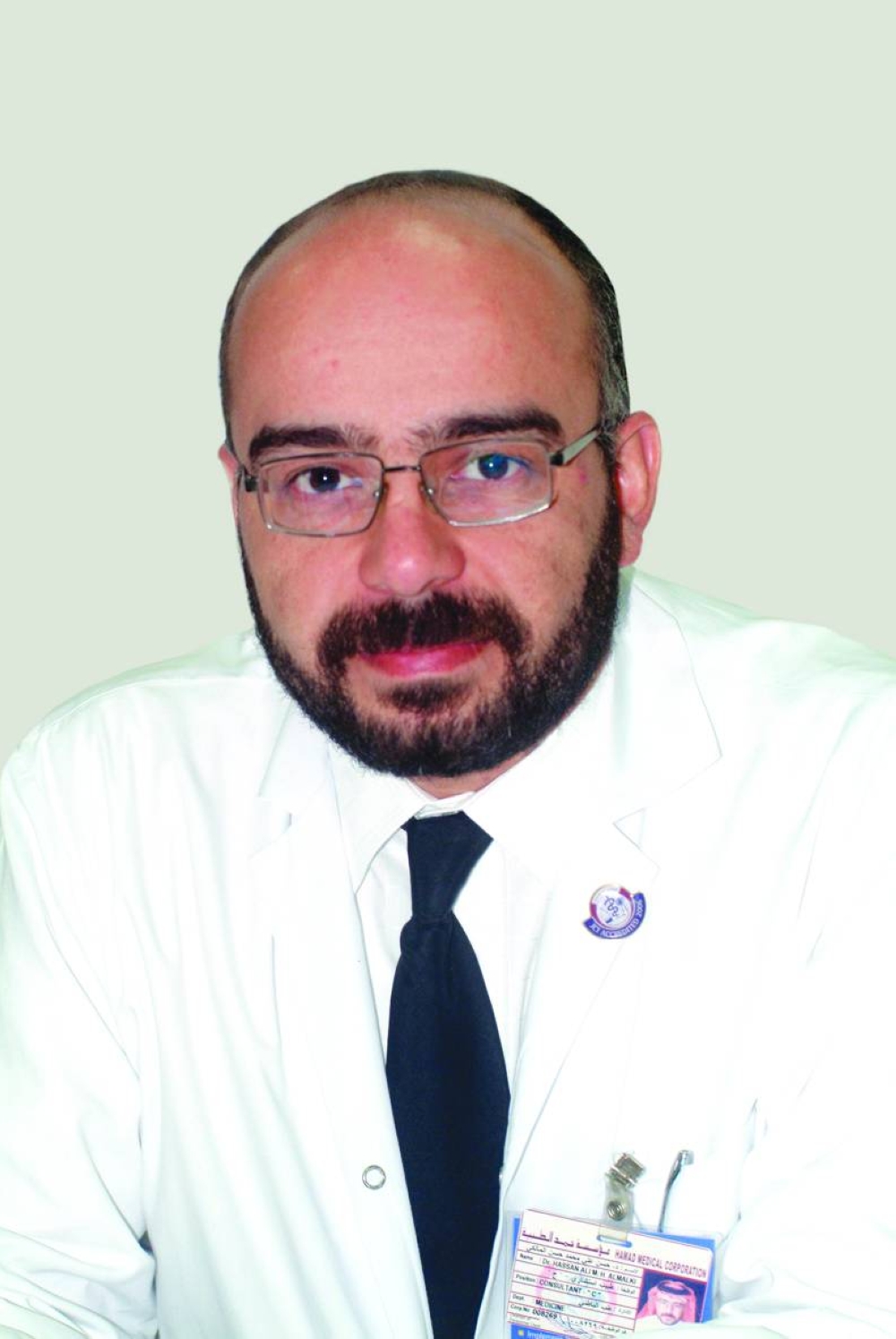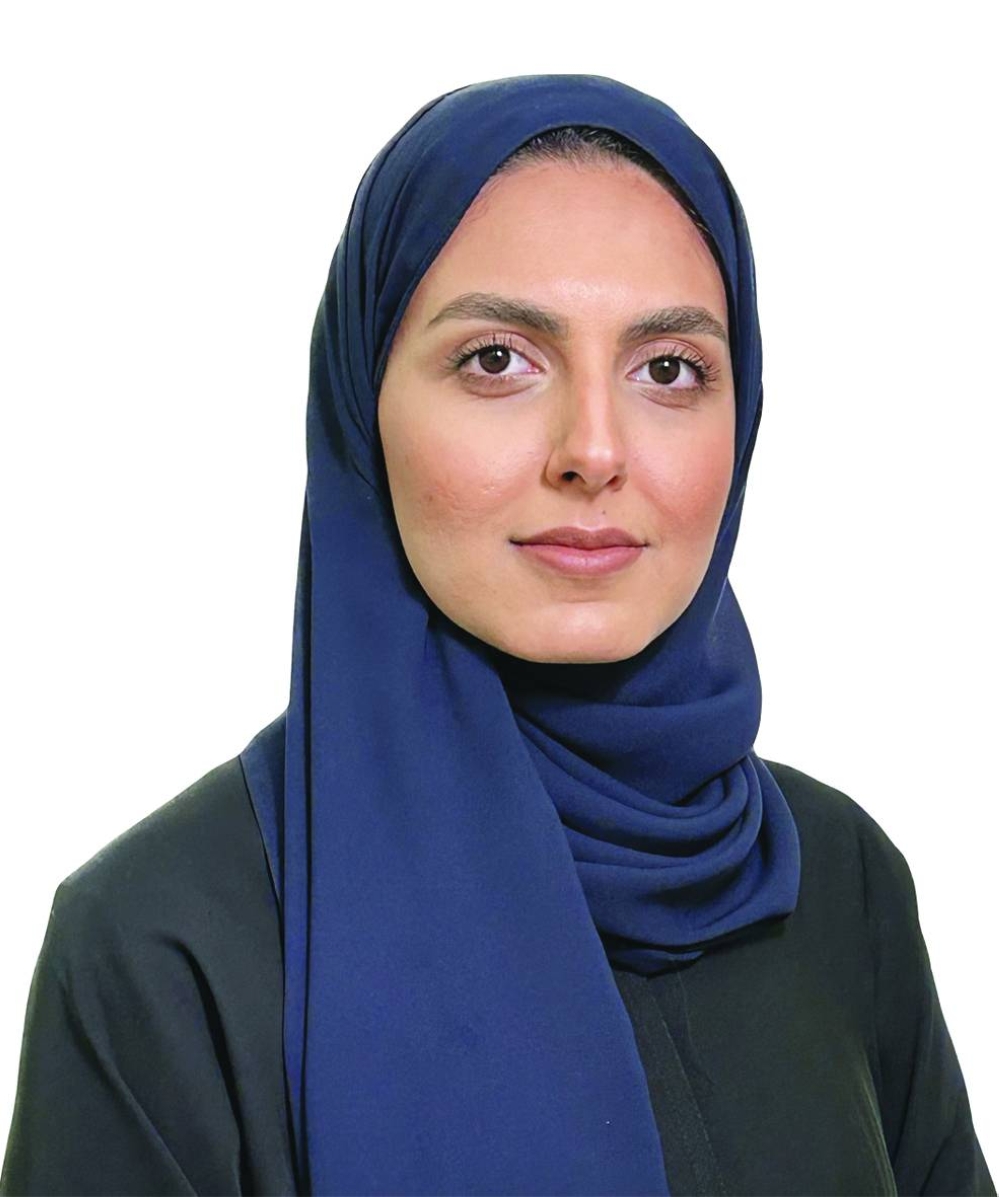The establishment of the Kidney Transplant Precision Medicine Programme at Hamad Medical Corporation (HMC) between medical genetics and kidney transplant departments marks a significant advancement in kidney transplant care, particularly for high-risk patients with hereditary kidney diseases.
Dr Hassan al-Malki, head of Nephrology Division and the director of the Nephrology Transplant Programme at HMC said the innovative programme focuses on utilising advanced and sophisticated genetic testing modalities to improve the outcomes of kidney transplant.
“The Kidney Transplant Precision Medicine Programme is a groundbreaking advancement in the field of kidney transplant,” Dr al- Malki said. “By harnessing the power of personalised and genomic medicine, we can tailor treatment plans to the unique genetic and molecular characteristics of each patient with hereditary kidney diseases This approach holds the promise of significantly improving the safety and quality of transplant of our patients and their donors and ultimately enhancing the quality of life for individuals with kidney disease.”
Reem Ibrahim Bux, the clinical lead of Adult and Reproductive Genetic Counselling Services at HMC said this unique programme aims to identify underlying genetic conditions. “This includes hereditary polycystic kidney disease, Alport syndrome, and other inherited conditions that could affect both donors and recipients at the process of kidney transplant,” Bux said. “This provides more personalised insights into potential genetic risks and offering more tailored care strategies for those undergoing kidney transplants.”
“Our primary goal is to provide appropriate genetic testing and interpret complex results for recipients, donors, and their families. We help families understand the implications of any identified conditions, including potential risks and their impact on long-term transplant success. By doing so, we enable them to make informed decisions about their current treatment and also preventative options for themselves and their family members,” she added.
Dr Reem al-Sulaiman, acting chair of HMC’s Medical Genetics Department, highlighted the programme as a pivotal initiative that exemplifies the principles of precision medicine.
“This programme effectively bridges bench to bedside by utilizing genomic platforms to identify genetic variants that could influence transplant outcomes,” Dr al-Sulaiman noted. “This allows for the development of more personalised and safer kidney transplant plans for high-risk patients and their donors, making the process safer and more cost-effective for both parties.”
Dr Yousef al-Maslamani, director of the Qatar Centre for Organ Transplantation said that the process of organ transplantation is complex, particularly for high-risk patients and those with hereditary kidney diseases. “These conditions not only impact the patients but also affect their donors and family members. The collaborative Kidney Transplant Precision Medicine Programme, which brings together the medical genetics and kidney transplant departments, aims to enhance the success rate and safety of the transplant process for both recipients and donors through genomic personalised approaches.” added, Dr al-Maslamani.

Dr Reem al-Sulaiman.

Dr Hassan al-Malki.

Reem Ibrahim Bux.
